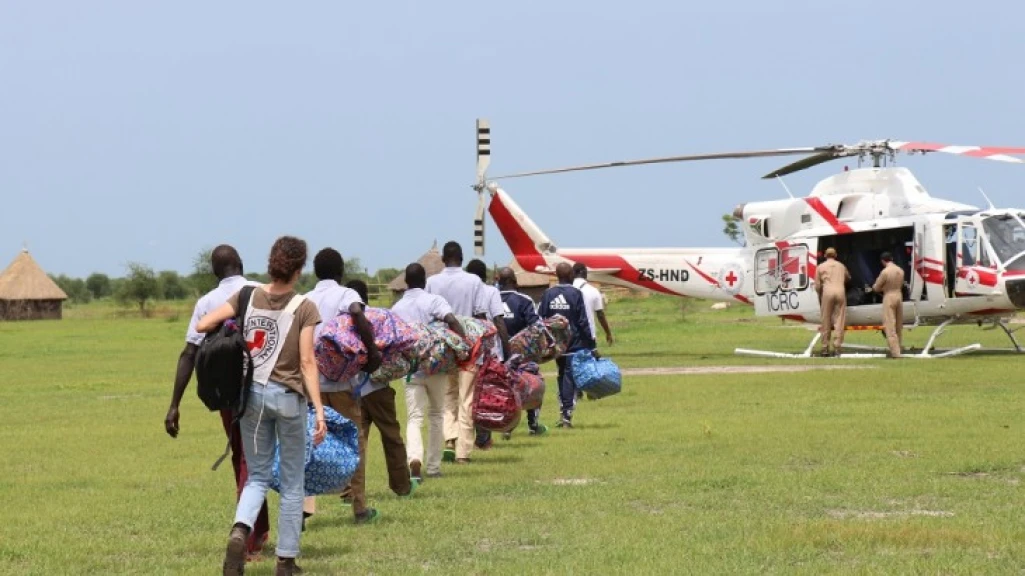
The International Committee of the Red Cross (ICRC) says it is concerned by the healthcare system as South Sudan human toll of conflict and violence keeps escalating across the country.
In a press statement seen by The Radio Community, ICRC says in the last months, hospitals in South Sudan have been facing an influx of weapon-wounded patients due to renewed clashes across the country.
“The impact of the armed conflict and violence on people in South Sudan is devastating,” said Pierre Dorbes, ICRC representative, in the statement.
“We see terrible injuries, and often airlifting patients from remote areas is the only way to save their lives.”
The humanitarian organization reveals that it is collaborating with the South Sudanese Red Cross Society (SSRC) in supporting emergency cases which include giving support to local clinics and hospitals, and life-saving evacuations, and surgeries for the wounded.
So far, it has been able to treat more than 120 patients, including 41 weapon-wounded people it airlifted from the area following the escalation of violence in the Jonglei state and Greater Pibor Administrative Area.
It adds that last year they transported and gave medication to 384 weapon-wounded patients in its surgical units at Akobo Hospital and Juba Military Hospital and to improve medical facility, an operation theater in the hospital has been constructed.
Although the revitalized peace agreement is still holding, significant challenges remain in South Sudan, making it one of the world’s forgotten crises.
Clashes in many parts of the country, including the most recent ones, have killed and injured scores of people and displaced thousands.
The recurrence of violence and conflict has been one of the dominant drivers of widespread food shortage in South Sudan, making the population more vulnerable to the ongoing crisis.
“Civilians in places like Upper Nile, Warrap, and Jonglei states have endured horrific suffering, and we call on all armed actors to respect and protect them – to respect the basic rules of International Humanitarian Law and principles of humanity,” Mr. Dorbes added.
“We also ask anyone involved to do everything in their power to facilitate the delivery of lifesaving humanitarian aid.”